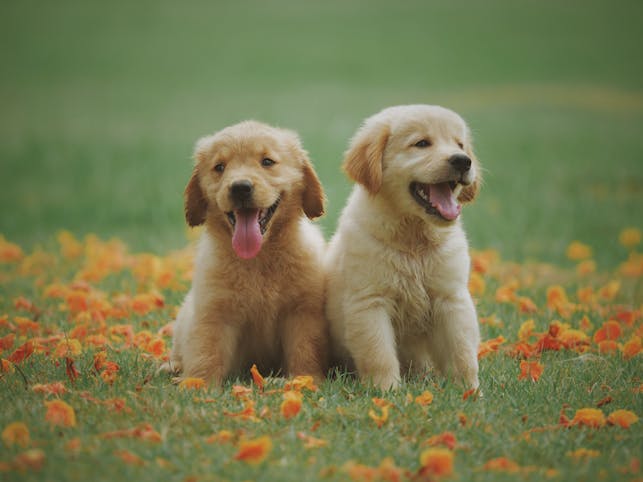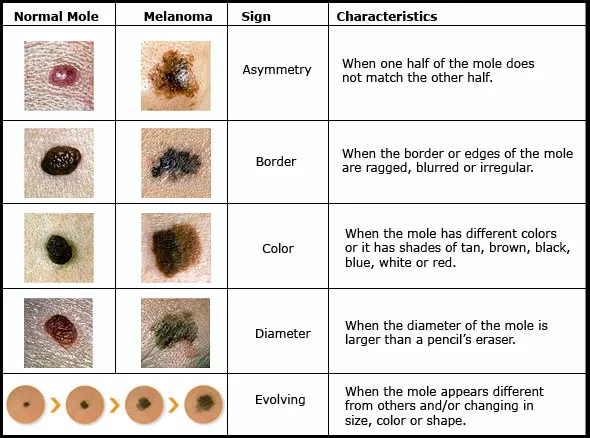Ramen chicken noodles might be your go-to comfort food, but can dogs safely eat them? While it’s tempting to share your meal with your furry friend, certain human foods can pose serious health risks to dogs. Let’s explore the potential dangers of ramen chicken noodles, why they may not be suitable for your pup, and what to do if your dog sneaks a bite.
🍜 What’s in Ramen Chicken Noodles?
Ramen chicken noodles are a quick, flavorful dish, but their ingredients are far from dog-friendly. Packaged ramen noodles typically contain high levels of sodium, preservatives, artificial flavors, and seasonings that can harm your dog’s health. Here's a closer look at the key ingredients:
- High-sodium broth or seasoning packets
- Artificial flavoring and additives
- Wheat-based noodles, which may contain gluten
- Spices like onion or garlic powder (toxic to dogs)
While plain, cooked noodles themselves aren’t inherently toxic, the added seasonings and high salt content in ramen are the real problem. Even small amounts can lead to health issues for your dog.
🐕 Why Are Ramen Chicken Noodles Bad for Dogs?
Feeding your dog ramen chicken noodles can expose them to several risks. Dogs’ digestive systems are different from ours, and their bodies are not equipped to handle high levels of sodium, spices, or artificial ingredients. Here are some specific concerns:
- Excessive sodium can cause dehydration, increased thirst, and even salt poisoning in severe cases.
- Onion and garlic powder, common in ramen seasoning, are toxic to dogs and can damage their red blood cells.
- Preservatives and artificial flavors may upset your dog’s stomach or trigger allergies.
- High-fat content in some ramen noodles can contribute to pancreatitis, a painful and potentially life-threatening condition.
These risks make ramen chicken noodles an unsafe choice for dogs, even as an occasional treat.
⚠️ Symptoms of Ramen Noodle Ingestion in Dogs
If your dog has eaten ramen chicken noodles, you may notice certain symptoms, depending on the amount consumed and their sensitivity to the ingredients. Watch for these signs:
- Vomiting or diarrhea
- Excessive thirst and urination
- Abdominal pain or bloating
- Drooling or panting
- Weakness or lethargy
- Loss of appetite
If the ramen contained onion, garlic, or other toxic ingredients, your dog may also experience symptoms like pale gums, rapid breathing, or signs of anemia. These symptoms require immediate veterinary attention.
🐾 What to Do If Your Dog Eats Ramen Chicken Noodles
Accidents happen, and if your dog gets into your ramen, it’s important to act quickly. Follow these steps to ensure their safety:
- Remove any remaining noodles or packaging from your dog’s reach.
- Check the ramen ingredients, focusing on toxic items like onion, garlic, or excessive salt.
- Monitor your dog for symptoms of distress, such as vomiting, diarrhea, or lethargy.
- Provide fresh water to help flush out excess sodium and keep them hydrated.
If your dog shows signs of toxicity or discomfort, contact your veterinarian immediately. In cases of severe symptoms, such as difficulty breathing or collapse, seek emergency veterinary care.
🍗 Safe Alternatives to Ramen Chicken Noodles
Instead of giving your dog ramen chicken noodles, consider offering healthier, dog-safe alternatives. These options can satisfy your dog’s curiosity while keeping them safe:
- Plain, cooked chicken (no seasoning, skin, or bones)
- Plain, cooked pasta or rice
- Steamed vegetables like carrots or green beans
- Dog-friendly treats or kibble
These foods are easier on your dog’s digestive system and provide nutritional value without the risks associated with ramen noodles.
👀 Preventing Future Incidents
To avoid future mishaps, take steps to dog-proof your home and keep unsafe foods out of reach. Here are some tips:
- Store ramen noodles and other human foods in cabinets or high shelves.
- Never leave food unattended on counters or tables.
- Educate family members about the risks of feeding human food to dogs.
- Provide your dog with their own tasty, healthy treats to reduce temptation.
Prevention is the best way to protect your dog from accidental ingestion of harmful foods like ramen chicken noodles.
FAQs
Q: Can dogs eat plain noodles?
A: Yes, plain, cooked noodles (without seasoning, salt, or sauces) are generally safe for dogs in small amounts. However, they provide little nutritional value, so they should not replace a balanced diet.
Q: What happens if my dog eats ramen seasoning?
A: Ramen seasoning often contains high levels of sodium, onion, garlic, and other harmful ingredients. Contact your vet immediately if your dog consumes the seasoning packet.
Q: Can dogs eat homemade chicken noodle soup?
A: Homemade chicken noodle soup can be safe for dogs if it’s made without onions, garlic, excessive salt, or other harmful ingredients. Stick to plain chicken, noodles, and dog-safe vegetables.
Q: How much sodium is too much for dogs?
A: Dogs require very little sodium in their diet. The National Research Council (NRC) recommends no more than 100 mg of sodium per day for a 33-pound dog. Ramen noodles often contain several times this amount in one serving.
References
Book a $49 online vet consultation at https://www.dialavet.com for fast, expert advice.























